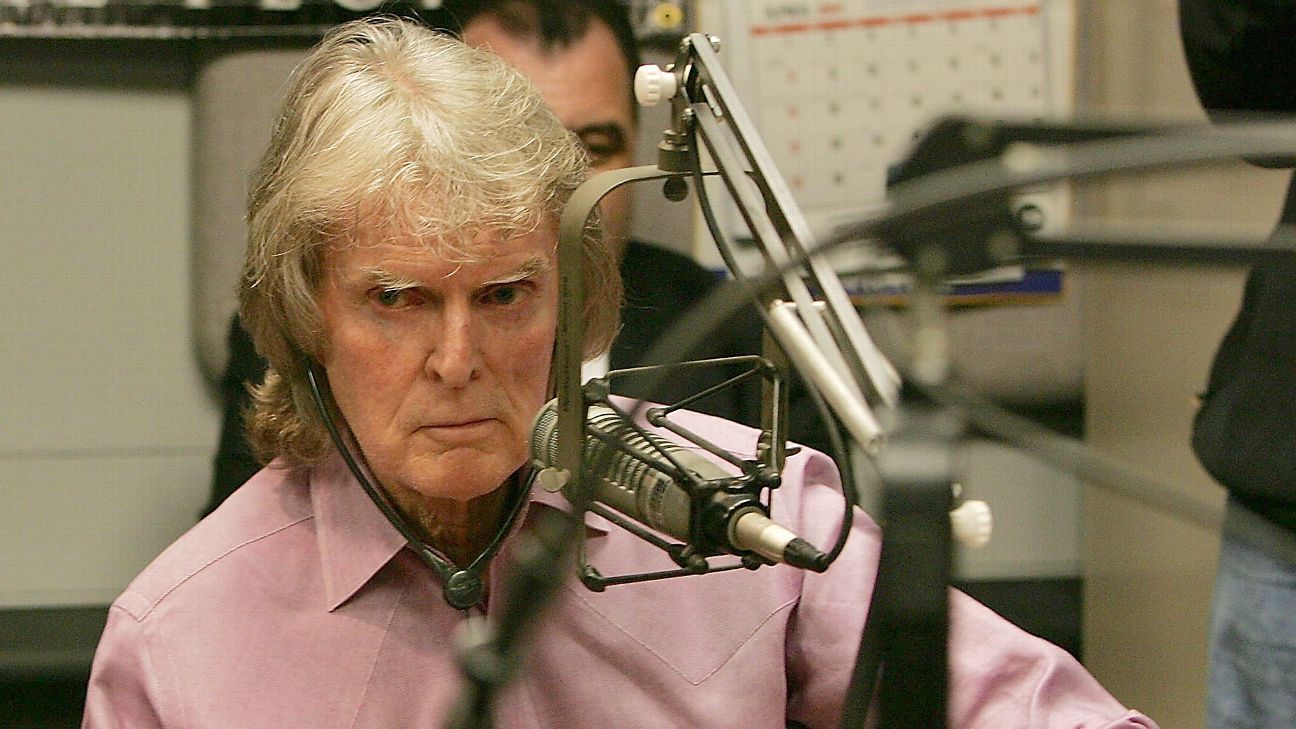What a career in radio taught me about humor, risk, and reading the room
What a career in radio taught me about humor, risk, and reading the room
I was fortunate to have a long career during the heyday of terrestrial radio in the late 90s and early 2000s.
Being in New York City, the audience was big, and the budgets were huge. We would do cash giveaways of nearly a million dollars, send listeners on trips to Disney and Universal, and the prize closet was always full of t-shirts (usually XL only), CDs (remember those?), and assorted tchotchkes (I love that word).
My run ended after my radio station WPLJ was sold to a Christian broadcasting company; thus, I was fired by Jesus.
But the benefit of working in a thriving medium during its ‘gilded age’ was the sheer amount of talent in the industry and the wisdom they would share.

Lessons From Legends
When a mistake happened on the air, my old boss Scott Shannon would say, using a hockey metaphor, “It’s in the net. Nothing you can do about it now.”
My other boss, Todd Pettengill, would say things like, “Don’t say the first thing that comes to your head – say the second. If it’s the first, everyone’s already thought of it.”
And then there was Don Imus, who worked at our sister station WABC but passed away in 2019. When someone got offended by something he said – which was often (just Google “Don Imus Rutgers” sometime) – his go-to line was: “It’s funny until it’s about you.”

That’s so true and simple it hurts.
We all have our red lines. That one thing that will offend. That one thing that sparks your inner Hulk.
The Invisible Tripwire
The thing is, that line? You can’t see it until you stumble over it. It’s like an invisible tripwire.
And when you work with humans in real life, you trip a lot. We all know that humor lives in tension (especially now). But it also lives in risk. The same joke that cracks up someone from New Jersey might infuriate someone in South Carolina. And they’ll both let you know.
I learned early on that being funny wasn’t enough. You had to be smart. You had to read the room—even when the room was made up of millions of strangers. And when you messed up—and you would mess up – you had to own it, apologize if needed, and move on. Like Scott said, “It’s in the net.”
Finding Empathy in the Punchline
Looking back, I think that tension actually made us sharper. We had to think fast but also think deep. It was a strange kind of empathy – knowing where the laugh might land, and where it might leave a bruise.
I use humor to make others uncomfortable, but even that doesn’t always land.
Years ago, Lady Gaga came to the station sporting a new look (as she does), wearing a blazer with one arm outside the sleeve. Coincidentally, I was wearing a blazer that day, and I thought it might be funny to do the same thing.
She did not find it funny. Her response? “Are you making fun of me?”
The Line Matters
The older I get, the more I realize the goal isn’t to never cross the line, it’s to understand why the line matters.
Humor is powerful. It can break the ice, disarm anger, even heal. But it can also hurt, and that matters too. If you’re lucky enough to have a mic, a platform, a voice…use it with purpose.
Make people laugh, absolutely yes. But also make them think, make them feel seen, maybe even make them better.